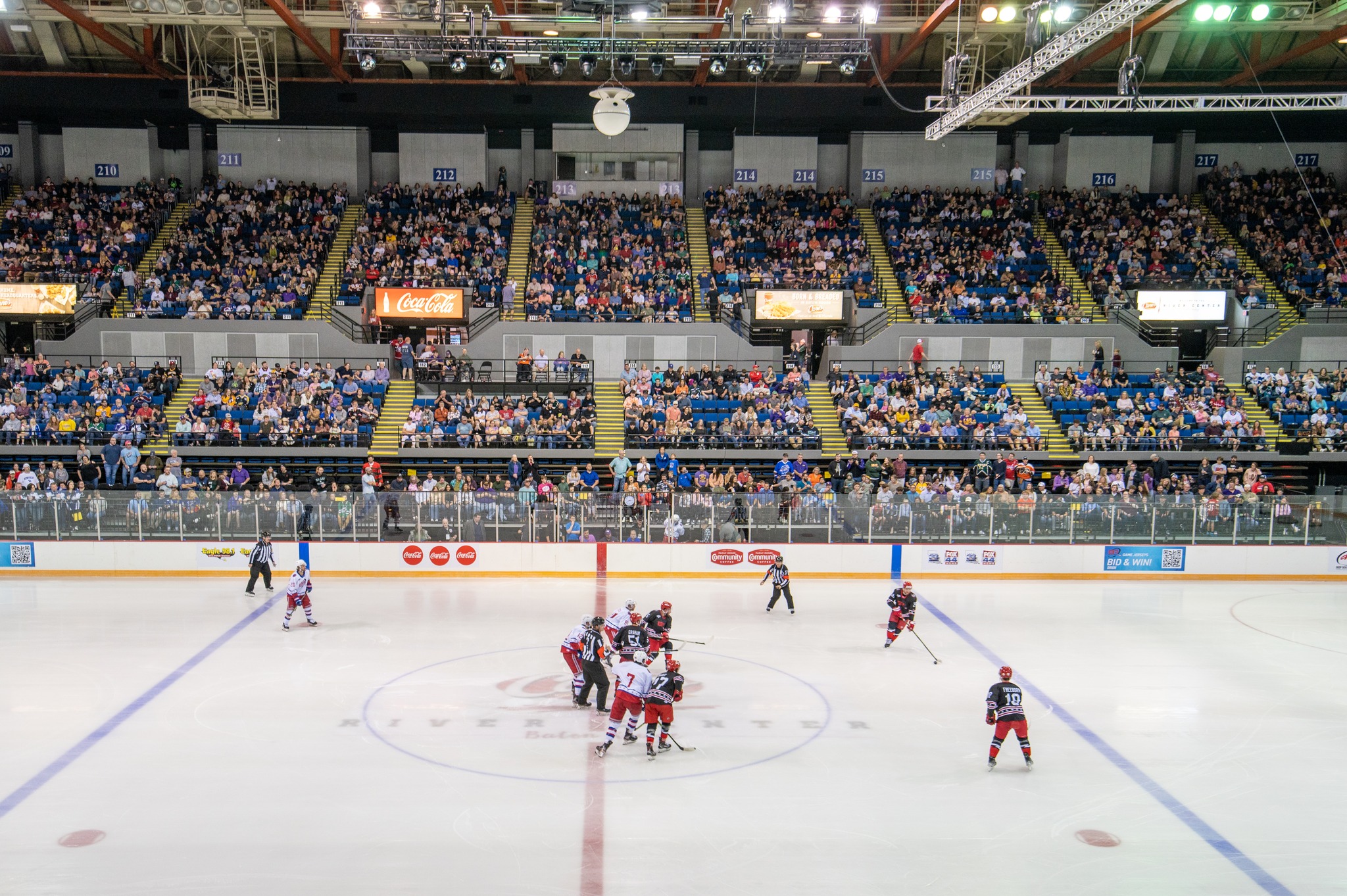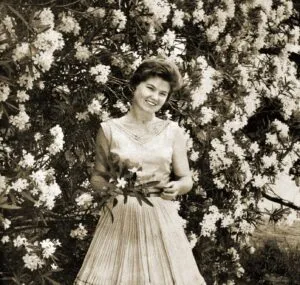What’s next for the Raising Cane’s River Center
Nestled in downtown Baton Rouge, overlooking the Mississippi River, the Raising Cane’s River Center has evolved significantly since opening its doors in the late 1970s.
For nearly 50 years, the River Center has played host to a wealth of legendary acts, including Lynyrd Skynyrd, Elton John and The Rolling Stones. In recent years, the venue has been transformed and taken over by bowling enthusiasts, the Junior League of Baton Rouge’s mega-shopping event Hollydays and Baton Rouge Pride.
Most recently, last year, the River Center became the home of the Capital City’s newest professional sports team, the Baton Rouge Zydeco hockey team, which made a reported $8.1 million impact in its inaugural season and attracted thousands of fans to each game.
Eight years after Raising Cane’s paid $3.87 million for decade-long naming rights of the River Center, the hockey team brought a fresh buzz of activity to the facility. But the event venue has grappled with its fair share of challenges over the years and recently has struggled to attract large-scale acts. Now, community leaders are looking for ways to secure the venue’s future.
A decade ago, the Metro Council allotted $50,000 to study enhancement needs for the River Center. Another study completed by professional services firm KPMG stated that downtown would need between 1,200 and 1,400 hotel rooms for the center to be effective. Then, in 2020, Visit Baton Rouge contributed another $125,000 for a study on how to improve the performance of the River Center.

A feasibility study conducted last year by CSL International suggested that what the the River Center really needs is a headquarters hotel to stay competitive. “…We note that under a do-nothing scenario, the Center is likely to become a less-utilized community asset with eroding non-local event levels, losing the ability to support local quality of life for residents, and operating with increasing deferred maintenance costs,” the study reads.
This spring, the Tiger Athletic Foundation announced its intention to develop a new $300 million arena to host LSU sporting events as well as entertainment and music for the Capital Region. The news garnered announcements of support from Mayor-President Sharon Weston Broome, the Metro Council, the Baton Rouge Area Chamber, the Baton Rouge Area Foundation and Visit Baton Rouge.
The deal, however, came with a caveat. Due to fears that a competing facility in the region would prevent the development of the arena, the Metro Council would need to agree to restrict certain entertainment and music activities on property owned by the city parish—like the River Center—once the arena is completed. Under the agreement, those properties would be limited to hosting live music and other entertainment events with up to 3,500 attendees.
With the new arena by the Tiger Athletic Foundation on the horizon, in late June, Broome submitted a strategic plan to the Metro Council for redeveloping the River Center complex and establishing a headquarters hotel. Her office also formed a project oversight committee with representatives from a handful of local organizations to spearhead the project. With the attendance cap set firmly at 3,500, some stakeholders have suggested that the River Center could pivot toward hosting conventions.
Whitney Hoffman Sayal, executive director of the Downtown Development District and member of the project oversight committee, says she hopes a developer for the project will be named by the end of the year. She also points to the recent announcement of Plan Baton Rouge III, the update to downtown’s master planning efforts, as important to the redevelopment plans.
According to a statement from BRAF, Plan Baton Rouge III will focus on “placemaking, developing new residential opportunities, enhancing the riverfront, improving infrastructure and connectivity, attracting new restaurants and businesses and highlighting downtown Baton Rouge’s unique arts and cultural potential.”
Sayal says there’s an opportunity to integrate the redevelopment of the River Center into Plan Baton Rouge III.
“Ultimately, we know there needs to be money invested in the River Center, and that it needs to be updated with today’s technology and different amenities that are in other convention and event centers,” says Sayal. “The biggest opportunity is to connect the River Center to the river.”
While the ground breaking on such a project may be years away, smaller improvements are being made to the center.
Following the Zydeco’s successful inaugural season, with the team garnering the league record for home game attendance, the Metro Council greenlit using a $4.3 million federal grant to upgrade the area, including installing retractable seats to allow for rink-side seating next season and expanding the arena’s capacity from 7,700 to 8,600.
Only time will tell what the future of the River Center holds. Whether it’s a return to its original 1970s glory or a new identity entirely, the success of the venue lies with the dedicated citizens who are working to not only keep the facility operating but to restore the community’s love for the space.












